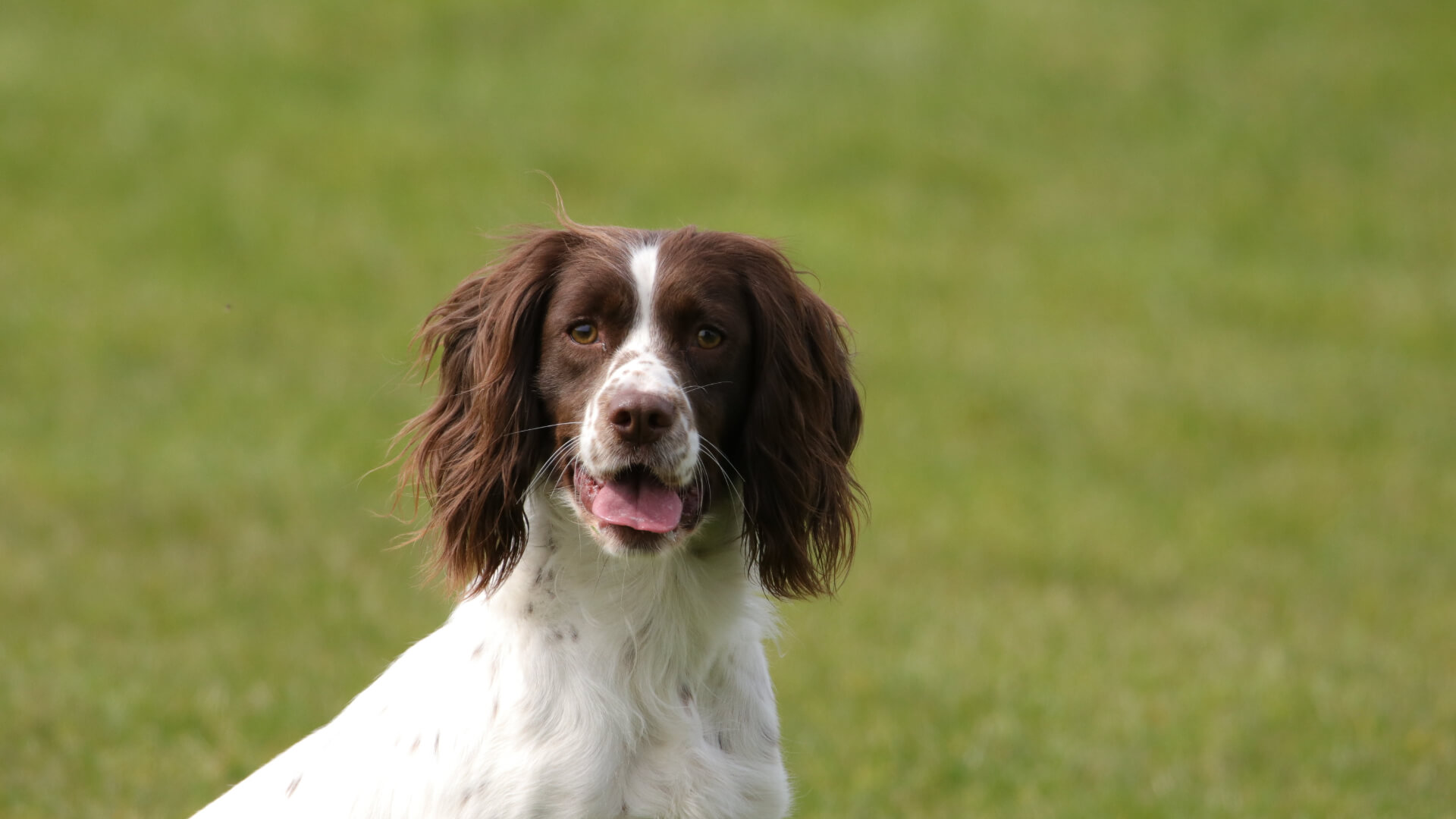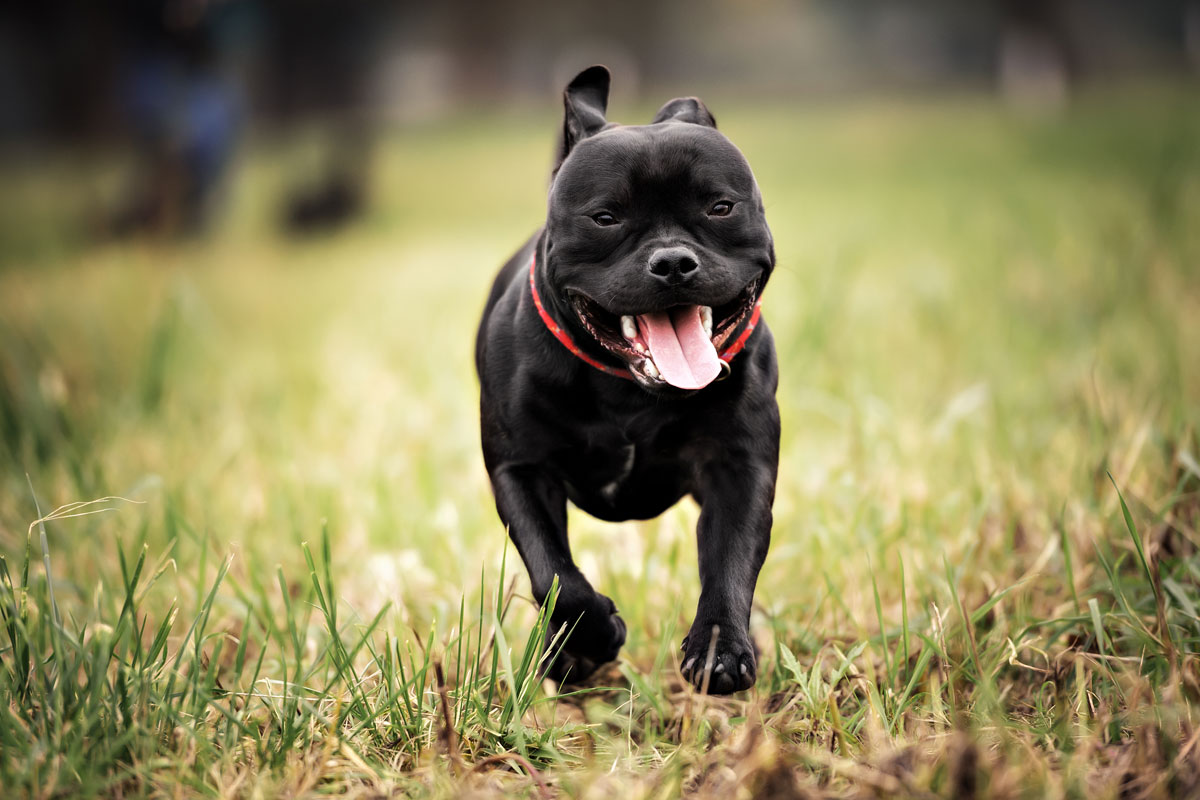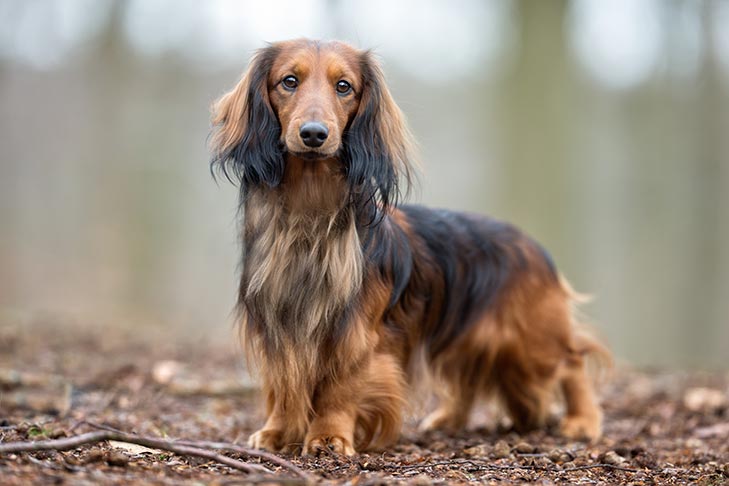Puppies are just so darn cute. They wag their tails, they make a mess on your floor and they always seem to be hungry. Puppies grow fast during the first few months of life, but what happens after that? At what date in a dog’s life do they stop growing?
How long do puppies stay small and cuddly? What about large breed dogs? Do male dogs grow faster than female dogs? Do mixed breed puppies grow differently from purebreds?
In this article we will find out when puppies stop growing and how much bigger they get as they age!
Table of Contents
Introduction
Puppies are energetic bundles of joy, but many people don’t know how to care for them. Puppies will grow and change rapidly during their first few months, so it’s important to learn the basics right away.
This blog post covers everything you need to know about when do puppies stop growing! We’ll answer questions like what size does a puppy reach at one year old? What is the average weight of a female dog in heat? Is there such thing as too much food for my puppy? And more!
Read on if you want to find out more about this topic.What is the best food for a puppy ? How long should I feed my pup each day ? Are there any foods that are not safe for puppies? What is the ideal adult weight?
So when they stop growing? The answer is that puppies will continue to grow until about 18 months old, but there are a few things you can do to keep your dog from getting too big for their age. Feeding them the right amount of pet food and ensuring they get enough exercise are two ways that you can help slow down your pup’s growth.
So, puppies grow a lot in the first two years of life, but eventually their growth slows down. It is difficult to pinpoint an exact age when puppies stop growing because it depends on a variety of factors including breed and nutrition. However, most veterinarians agree that a puppy’s growth will slow around three to four months old.
The average weight for male poodles at one year old is about 35 pounds while female poodles are typically 30 pounds at one year old. It is not uncommon for larger breeds like labradors or golden retrievers to weigh upwards of 100 pounds at one year old! Small breeds tend to slow earlier, which is not a surprise, as large breeds have more to grow that small breeds.
Here’s what you need to know
Puppies, especially those of a larger breed, must be fed carefully and exercised to avoid an early growth spurt that could lead to joint problems. It is easier to buy the right dog supplies including crates, collars, beds and protective jackets when you already know just how large or small your puppy will be. Don’t just guess on paw size, or assume because they are a large breed puppy – large paws are an indicator of size but just that, and there can still be a big difference in larger dogs. A big breed may not produce a big dog either.
How Long do Puppies Grow?
Although all puppies are considered to be grown once they reach one year old, puppies continue growing in height and size until their bones have matured. A dog’s skeletal growth is what determines how tall the pup will become as an adult.
Once growth plates have closed and the bone has reached its final size, it is said to have ‘finished growing.’ and you have adult dogs.
Remember, even after your puppy has finished developing bones, it will continue to develop fat and muscle as it ages.
Looking at Smaller Puppy Breeds, When Do They Finish Growing?
Small and medium puppy breeds grow up pretty quickly. For example, a small breed dog typically stops growing by 6 to 8 months of age.
Medium breed puppies may take a bit longer to reach their adult size and grow at full-rate than some of the smaller breeds, say 12 months.
Looking at Larger Puppy Breeds, When Do They Finish Growing?
A large dog grows to full size over time because of the large structures in its body. Giant breed puppies will grow until they are 12-18 months old.
Large to giant breed pups usually weigh 70 or more pounds as adults. In some cases, very large dogs like mastiffs may even reach their fully grown size at 24 months of age
And What About Purebreeds?
Purebred dogs are known best for their predictability: the size of the animal, its coat type, and temperament are a few examples. There will be variations within members of each breed (and litter). Generally speaking, the breed can determine where an example dog will land on scale between adulthood and full maturity.
What Does A Growing Puppy Eat?
You should make sure that your dog food is nutritionally right for puppy health and are not for adult size dogs. That will improve puppy growth rate and improve your puppy’s life.
Speaking of food, always follow the guidelines on the food you give your puppy to ensure that he or she doesn’t become overweight.
When Does My Puppy Finish Growing?
The growth and maturity of puppies varies, so it is important to know when your puppy is fully grown. You can buy essential items in advance for their final stage of growth or purchase a crate that will ensure they are comfortable.
How Do Puppies Grow, Anyway?
Dogs grow in much the same way as human children do, especially as it concerns height. Bone growth plates in puppy legs grow from two separate places called growth plates. The growth plates grow from thin cartilaginous regions where new tissue is being formed. When the growth plates have stopped producing new tissue and become completely calcified, they are said to have “closed”
The plates are very fragile and vulnerable to injury, so don’t take excessive amounts of exercise to increase your puppy’s size.
Size and Breed-Related Puppy Growth Factors
Small breed dogs stop growing sooner than large dogs. Large breed dog grow much more between the day they’re born and day they stop growing. Chihuahua puppies increase their size by a factor of 15 pounds. Great Danes experience a 100-fold increase in size over the course of their life.
Small dogs typically stop growing by the time they are 6 to 8 months of age, but giant breeds grow until they are 12 to 18 months. This is also something to keep in mind with selecting a larger-sized crate for your pup.
When Do Puppies Stop Growing?
Physical maturity is reached at different ages, depending on the size of your dog. Little dogs stop growing much sooner than big dogs. Dog’s physical maturity varies from dog to dog, and it varies from size to size of pet. The age of maturity depends on the dog’s size and amount of time it takes will also depend on the dog itself
Nutrition
Puppies who grow too quickly can suffer from orthopteric problems later in life. High-quality food is designed for large dogs with high protein content. Puppies need high amounts of protein and minerals to grow up in good health and are hungry for their life long-term use of their food.
Puppy food is created specifically for small dogs to grow larger and healthier than other large dogs in a healthy manner. High quality food is available for dogs and puppies with high-quality protein.
Conclusion
Conclusion paragraph: Puppies, like all mammals, grow until they are fully grown. This means that puppies will stop growing when their bones have reached the length of an adult canine’s and they’ve developed into a full-grown puppy with permanent teeth and sexual maturity.
However, some breeds may take longer to reach adulthood than others–for example, Great Danes can develop at slower rates because of their larger body size.
It is important for pet owners to know what stage in growth their dog is currently experiencing so that they can manage it accordingly or prevent any potential health problems from arising as a result.
Hopefully you’ve learned a thing or two about when puppies stop growing. If so, congratulations! You now have the information necessary to manage your puppy and keep them healthy for years to come.
Remember that every dog is different and will experience growth spurts at their own pace–but don’t worry! With proper care, they’ll all grow up just fine in time.
Puppies grow up quickly and that can be a good thing if you’re the one watching them. You want to make sure they are eating enough, getting plenty of exercise, not over-exerting themselves when playing with other dogs or people, and staying out of trouble until their adult teeth come in (around 3 months).
But as your pup starts crawling around on all fours instead of two legs at about 5 months old, it may seem like he is still growing but have stopped actually gaining weight.
If this sounds familiar you might need to think about managing his growth rate by monitoring how much food he eats so he doesn’t get too chunky! Check out our blog post for more information on how to do just that.




